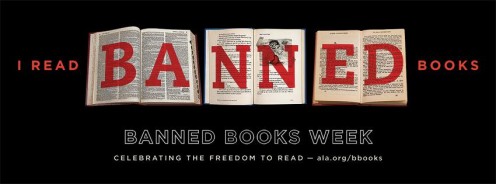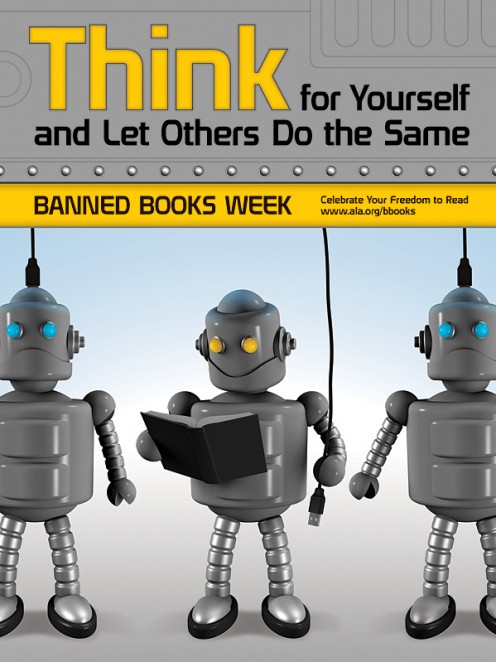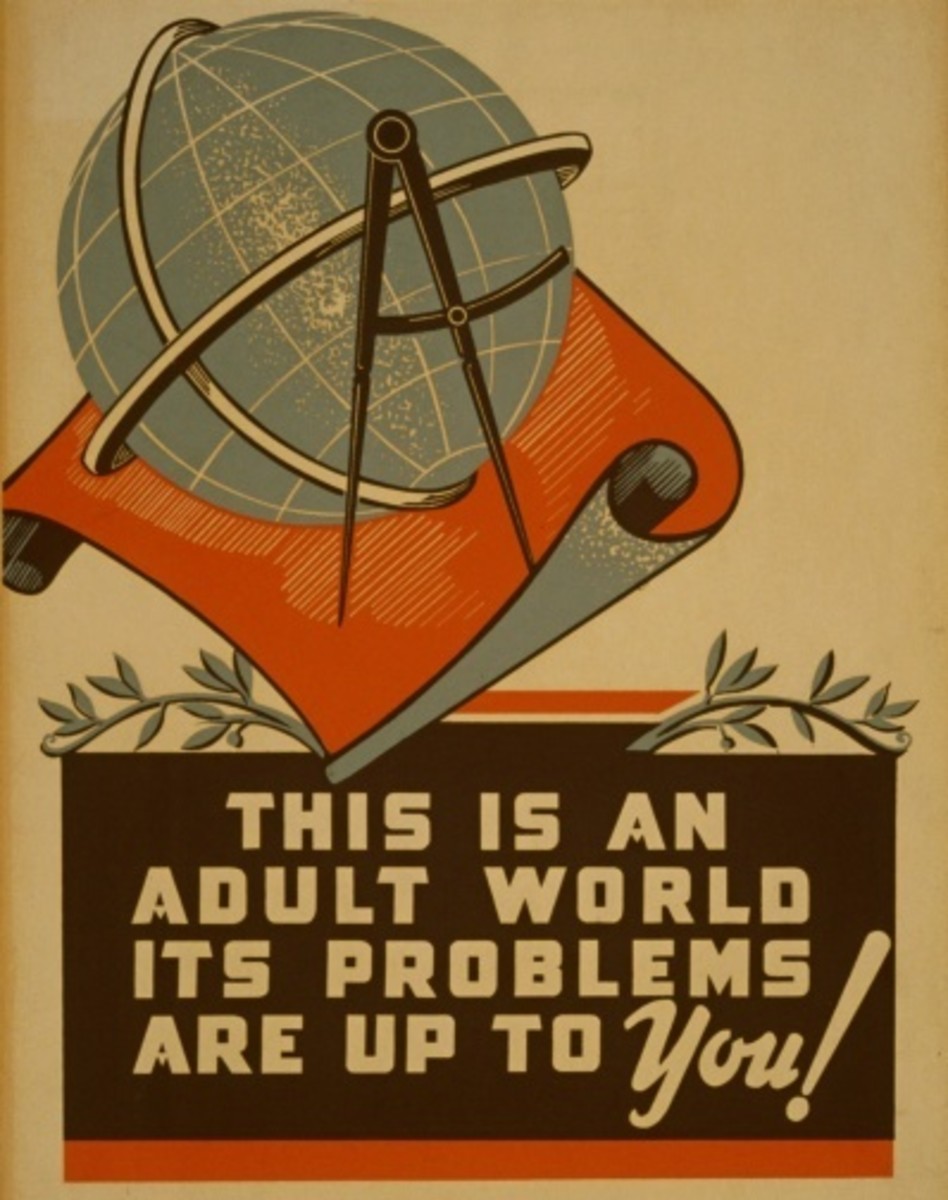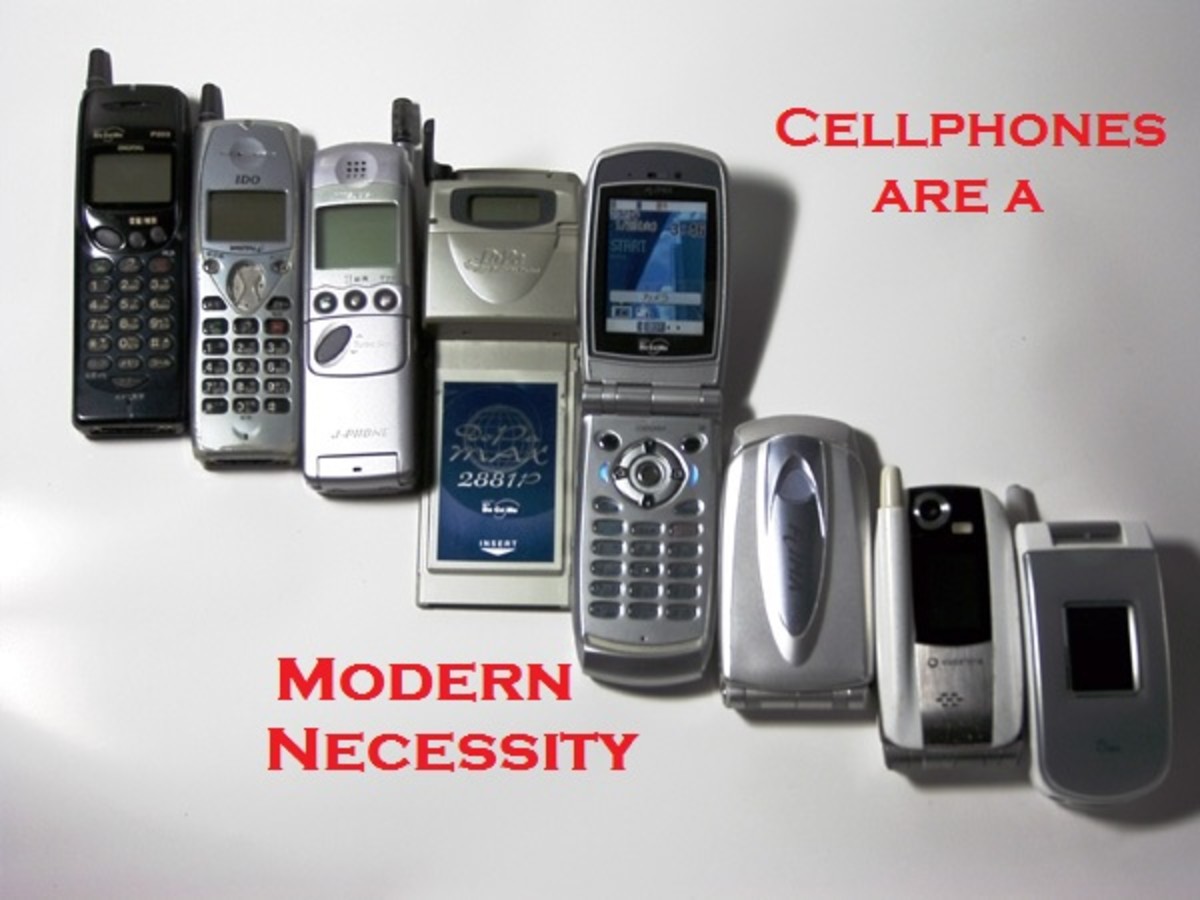American Library Association's Banned Books Week Celebrates 30 Years and the Freedom To Read

The 2012 Top 10 List of Frequently Challenged Books
Book
| Reason
| Author
|
|---|---|---|
Ttyl; ttfn; 18r; g8r (series)
| Offensive language; religious viewpoint; sexually explicit; unsuited to age group.
| Lauren Myracle
|
The Color of Earth (series)
| Nudity; sex education; sexually explicit; unsuited to age group.
| Kim Don Hwa
|
The Hunger Games Trilogy
| Anti-ethnic; anti-family; insensitivity; offensive language; occult/satanic; violence.
| Suzanne Collins
|
My Mom's Having a Baby! A Kid's Month-by-Month Guide to Pregnancy
| nudity; sex education; sexually explicit; unsuited to age group.
| Dori Hillestad Butler
|
The Absolutely True Diary of a Part-Time Indian
| Offensive language; racism; religous viewpoint; sexually explicit; unsuited to age group.
| Sherman Alexie
|
Alice (Series)
| nudity; offensive language; religious viewpoint
| Phyllis Reynolds Naylor
|
Brave New World
| Insensitivity; nudity; racism; religious view point; sexually explicit.
| Aldous Huxley
|
What My Mother Doesn't Know
| Nudity; offensive language; sexually explicit
| Sonya Sones
|
Gossip GIrl (series)
| Drugs; offensive language; sexually explicit.
| Cecily Von Ziegesar
|
To Kill a Mockingbird
| offensive language; racism
| Harper Lee
|
Think For Yourself and Let Others Do the Same

What is Banned Books Week?
There are few things that I believe in more than the First Amendment, and the right of freedom of the press, so it shouldn't be surprising that I am a huge supporter of the American Library Association's yearly Banned Books Week.
Created by prominent First Amendment and library activist Judith Krug in 1982, Banned Books Week, is an annual awareness campaign that is celebrated during the last week in September, and is designed to teach the importance of our First Amendment rights, the power of literature, and to draw attention to the danger that exists when restraints are imposed on the availability of information in a free society.
Banned Books Week, draws the public's attention toward the issue by spotlighting books and authors who have been, or are on the banned or challenged book list, and encourages the reading and examination of those books during that week. Booksellers and retailers across the country assist in that endeavor by inviting authors of the banned or challenged books to speak in their stores, by the funding of annual essay contests about freedom of expression, and with the creation of window displays that showcase the books that are on the banned or challenged list. Many educational institutions also get involved, by creating displays, and creating educational programs about the First Amendment that are centered around the week.
Amnesty International is the main sponsor for the international campaign, and urges people to take action on behalf of the authors who have been persecuted for their writing, or those who have been targeted for the literature that they circulate or read. They annually post focus cases, histories, and current status reports about the individuals from around the world who have been reportedly killed, incarcerated, or harassed by authorities, and ask the public to get involved and assist in partnership with its Urgent Action Network. Some of those featured in the focus cases and updates include people from Azerbaijan, China, Cuba, Egypt, Gambia, Iran, Myanmar (formerly Burma), Russia and Sri Lanka.
Those interested in participating in Banned Books Week , can contact the American Library Association, who offer a Banned Books Week kit that includes posters, buttons, and bookmarks to celebrate the event.
The Who, What, and Why of Banned and Challenged Books
Everyone is Entitled to an Opinion,
to like what we like, and to not like something too. In the United States, that right is protected by The Bill of Rights, whose First Amendment, in part, addresses our rights to freedom of religion, freedom of speech, and freedom of the press. While it is true that everyone is entitled to their own opinon, no one is entitled to force that opinion upon someone else. Because we are granted freedom of speech and freedom of the press, we also have the right to freedom of information. When a book is banned, that means that it is made unavailable to the public, or in many cases, to a portion of the public. Doing so is a violation of our First Amendment rights.
Challenged or Banned? What is the Difference?
When a book is banned, it is removed from the shelves, and made unavailable to the public, or to a specific segment of the public. A challenge is formal attempt to restrict or to remove books or materials from public access.
Challenges are not simply a matter of a person expressing a strong personal opinion or point of view, they are an organized attempt to remove a book or other material from a curriculum or library, and thereby restricting access of that book or material to others, which in turn, is an infringement upon their First Amendment rights.
Who Challenges Books and Why?
Everyone has the right to challenge a book or reference material, but those who do, usually fall within the category or parent, educator, or clergy. The reasons why are varied from case to case, but statistically speaking, they usually challenge work based upon one of the following criteria; Offensive or foul language, sexually explicit, or religious view.
Some of Banned Books Week Supporters
- Banned Books Week - American Booksellers Foundation for Free Expression
Check out the American Booksellers Foundation for Free Expression to find out more about fun and educational ways that you can support the 30th annual Banned Books Week! - ASJA | The American Society of Journalists and Authors
The American Society of Journalisist and Authors, or the ASJA is an influential and enthusiastic supporter of the ALA's Banned Books Week. - The Library of Congress and ALA'S Banned Books Week
Celebrate the thirtieth anniversary of the American Library Association's Banned Books Week by taking a look back at the Library of Congress' archive of past campaigns.
Do We Really Need a Banned Books Week?
Since most challenges are defeated, and therefore books are now very rarely, if ever, banned in the United States, you might be asking yourself if we really still need a week that is dedicated to the highlighting of books that are challenged, you might be thinking that we no longer need a Banned Books Week.
While yes, it is true that there has been significant progress made over the last thirty years, hundreds of challenges are still reported to the ALA every year, and according to their research, they estimate that only about twenty-five percent of all challenges are actually reported. That means that for every one hundred challenges that are reported, there are still three hundred more challenges out there that have the potential of ending up with a book or material being restricted to the public.
We are guaranteed our First Amendment rights on paper, but if we are to keep them, then we must exercise them. We should always be vigilant, and we should never forget that the threat it there. Banned Books Week reminds us that there is still the possibility that we could loose them.
-Kristen Burns-Darling ©September 2012 (all rights reserved)






